A Step Toward Personalised Medicine: LSMU Pharmacy – Patient-Adapted Medicines
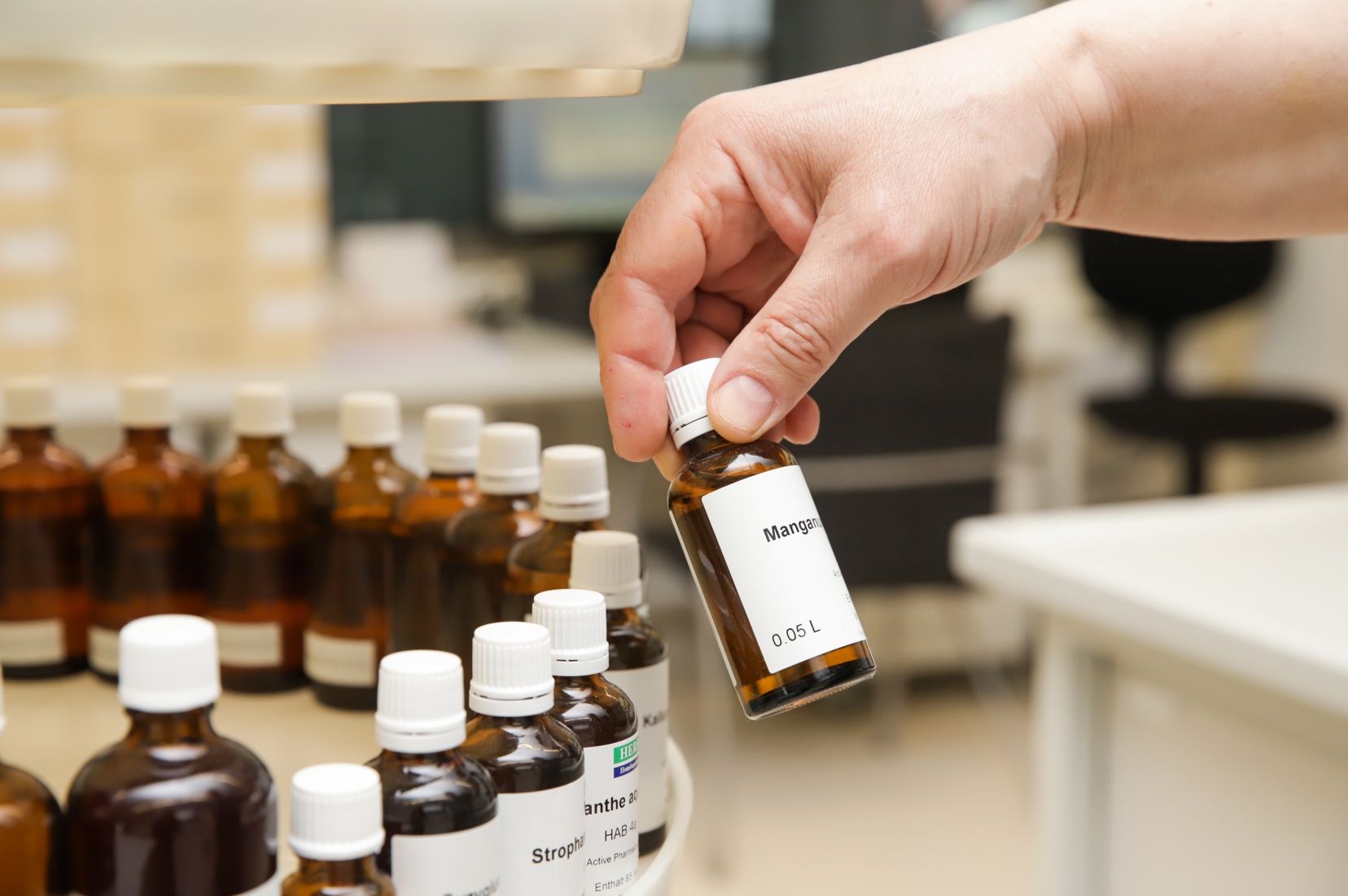
Changes at the Lithuanian University of Health Sciences (LSMU) Pharmacy – After integrating the University Pharmacy into the structure of the Faculty of Pharmacy, in collaboration with scientists and doctors, the development and production of medicines adapted to the individual needs and health status of patients began. The new opportunity has already been taken into consideration by family doctors, and the scope of innovation is expected to expand.
Pharmaceutical foam, pain films, gels, lotions, personally selected cosmetic products or herbal mixtures are not just an effective innovation.
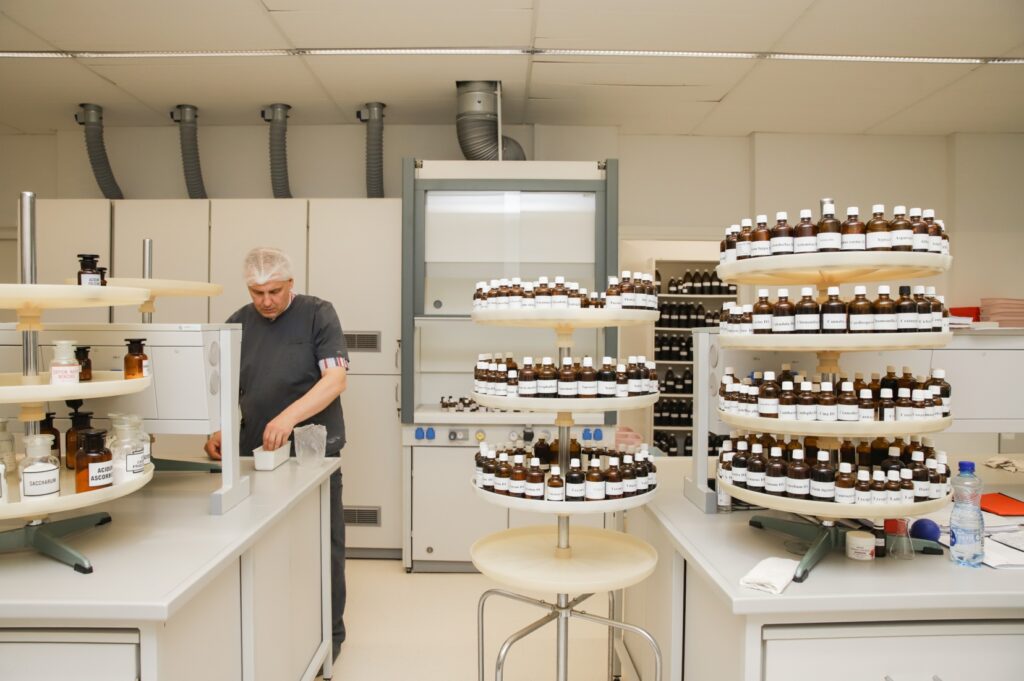
This is also a significant step in the development of preparations for specific individual patients, not for mass production, taking into account age, health status, consumption patterns or lifestyle.
Head of the Department of Pharmaceutical Technology and Social Pharmacy of the Faculty of Pharmacy of LSMU Prof. Jurga Bernatonienė reminded that pharmacists have been producing individual preparations according to the recipe for a long time.
“However, today personalised pharmacy is reborn at a new level: with the help of modern technologies, for patients and doctors alike the need to look for more flexible, more effective treatments has grown, especially when they are needed in severe or chronic cases, for the treatment of children, the elderly, patients who need a non-standard solution,” she said.
According to the professor, personalised production is especially valuable when there is simply no suitable drug on the market for a particular patient. In such cases, the doctor determines what the patient needs, and the pharmacist finds a technological solution to implement it accurately and safely.
Pharmacy within the framework of the University
After the LSMU Pharmacy was integrated into the Department of Pharmaceutical Technology and Social Pharmacy of the Faculty of Pharmacy of the LSMU, it began to work together with the academic community of the University – researchers, technologists, pharmaceutical care specialists.
Scientists with experience in different fields – from herbal preparations to modern drug carrier systems, also cooperate with doctors of various fields: neurologists, gynaecologists, dermatologists, odontologists, otorhinolaryngologists and others
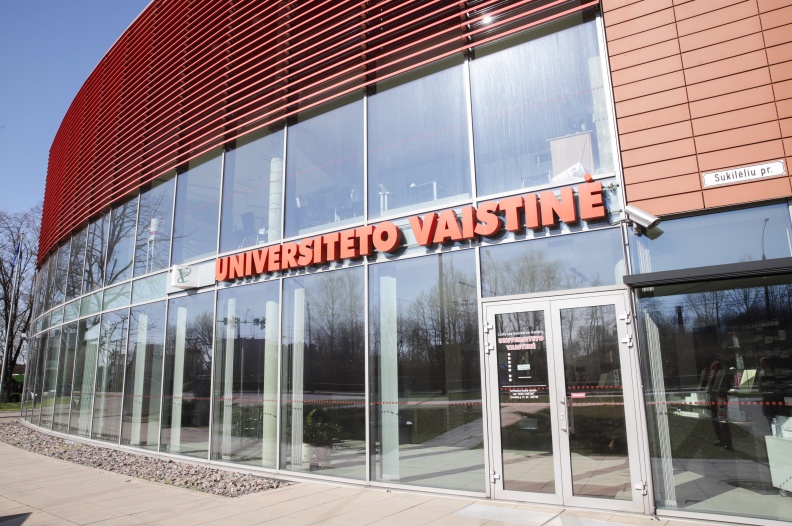
When asked what form it is possible to “pack” the drug – and how its effect differs due to this, professor said that according to clinical needs, patients can create a targeted form of a particular drug – and their LSMU pharmacy produces many different ones: capsules, powders, solutions, suspensions, ointments, creams, suppositories, rinsing liquids, various herbal mixtures.
In advanced manufacturing, pharmaceutical forms such as film, pharmaceutical foam or specially formulated gels and capsules are increasingly used, adapted to the individual purpose of treatment. According to Prof. J. Bernatonienė, this variety allows one to choose a form that is not only effective, but also convenient for a particular patient.
“For example, if a local effect is needed in the oral cavity, we can create a slow-dissolving film in the mouth, which ensures long-term contact of the active substance with the affected area. If we seek systemic effects, but the patient does not tolerate tablets or liquid forms, then individually dosed capsules can be prepared. Each form has its own purpose and advantages – it is not only convenience, but also efficiency, better absorption and lower risk of adverse reactions. The main thing is that the medicine is adjusted for a person, and not the person, to the medicine,” she said.
Cutting-edge technology is implemented
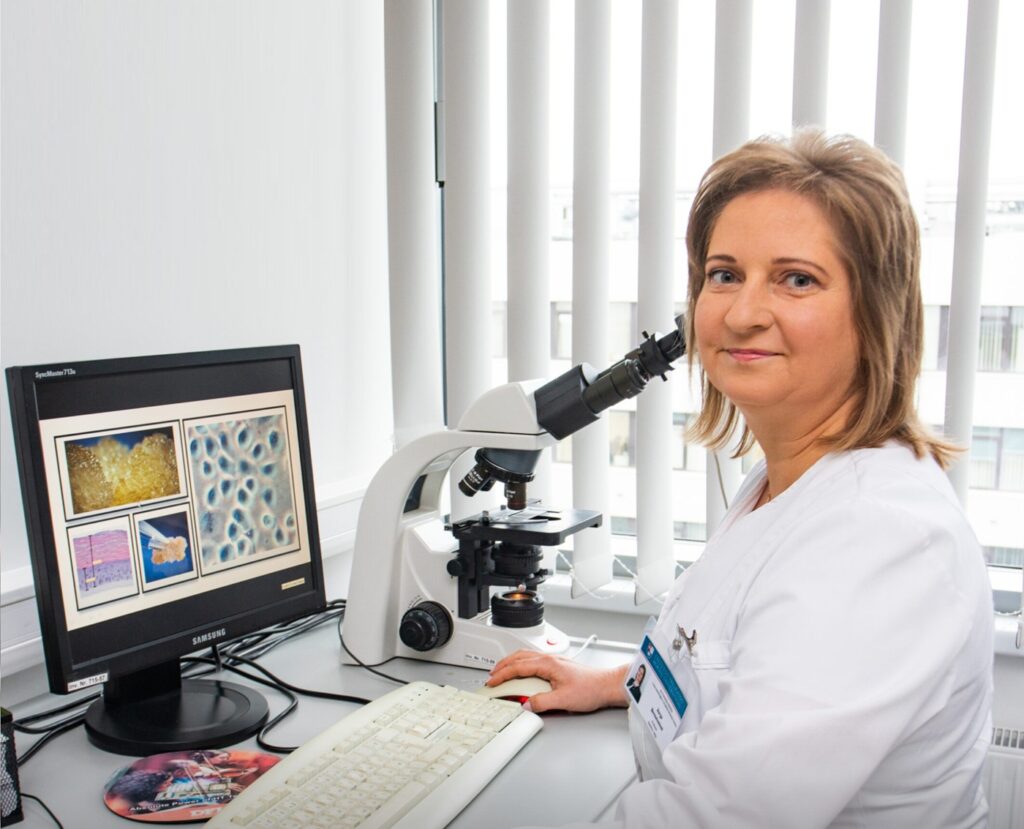
One of the fast-growing and promising fields of personalisation is endobiogenic treatment, in which drugs are selected according to hormonal and metabolic indicators of the patient. For such purposes, the pharmacy produces personalised mixed-origin preparations designed to maintain the systemic functions of the organism and restore physiological balance.
“Research on 3D medicine production is another area of study for the future; these technologies are not yet deployed in real-world applications. Active scientific work is underway to create medicine forms, in which several active substances with different migration profiles can be combined in one dose. This would help to apply treatment even more accurately to patients with several chronic diseases or with special needs,” suggested Prof. Dr. J. Bernatonienė.
She noted that personalised production of medicines creates a new model of cooperation between the doctor and the pharmacist – not only production, but also communication, consulting and monitoring of effectiveness are important.
Among successful cases of such cooperation are various drugs in the fields of gynaecology, neurology, odontology: from oral mucosal gels or suppositories to skin care creams, which are produced only after the assessment of the patient’s condition. Complex preparations have also been developed for children who need very precise small doses adapted to their age and potential for use.
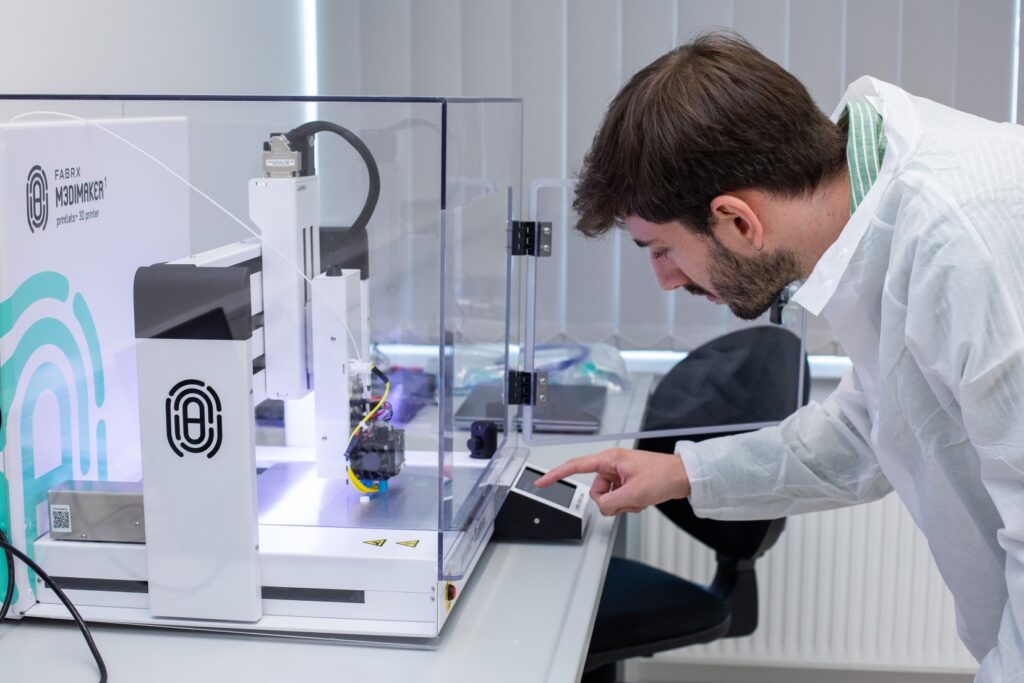
“Effective treatment is ensured and mutual trust between the doctor and the chemist is strengthened through such cooperation, and ultimately, everything is reflected in the most important thing: improved patient well-being,” said the professor J. Bernatonienė.
Pharmacy students can also have first-hand experience with the modern work of a chemist at LSMU Pharmacy, where they can see and participate in the manufacturing of medications, produce cosmetics, and learn how to administer pharmaceutical services in real-world scenarios. LSMU Pharmacy is actively developing and constantly updating various pharmaceutical services, which become an integral part of modern pharmaceutical practice.
